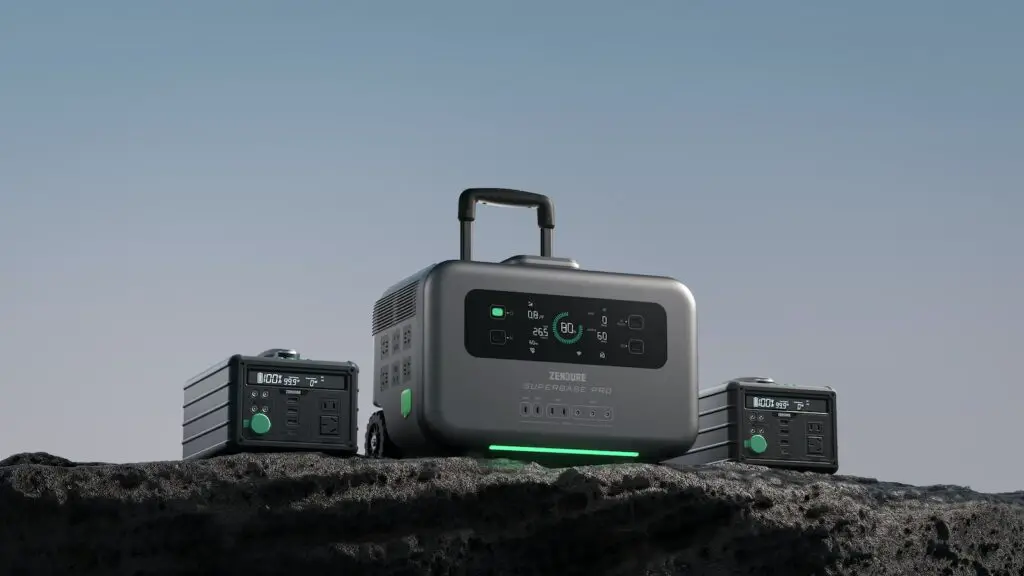While solar generators offer several benefits that make them a valuable addition to both emergency preparedness plans and various outdoor activities, they also come with their own set of drawbacks.
This article will delve into the disadvantages of using solar generators, from their upfront costs to their limitations in energy output.
Understanding these downsides can help you make a more informed decision on whether a solar generator is the right choice for you.
Sensitive to Temperature
A drawback of solar generators is that some models may struggle with prolonged exposure to intense heat.
Thus, it becomes vital to maintain the generator at a cooler temperature while the solar panels soak up maximum sunlight.
Excessively hot temperatures can lead to rapid battery degradation.
Nonetheless, recent advancements have somewhat alleviated this concern.
Enhanced materials and batteries, coupled with battery management systems that regulate temperature, have made strides in addressing this issue.
Hefty Initial Investment
Solar generators command a higher upfront cost compared to traditional gas generators.
While the average price of a gas generator hovers around $1,000, solar generators typically start at about $2,000.
Nonetheless, the operational costs associated with solar generators are significantly lower, which means over the solar generator’s lifespan, you are likely to spend less, making it a cost-effective choice in the long run.
Slow Recharging
The recharging process for solar generators is dependent on sunlight availability, and even with adequate sunlight, recharging can be slow.
For instance, a solar panel boasting a power output of 100 watts may require over 9 hours to charge the batteries of a mid-sized solar generator fully.
On the flip side, fossil fuel-powered generators can be refueled anytime, ensuring an immediate power supply whenever needed, irrespective of weather conditions or the time of day.
Inconsistent and Limited Power Supply
The power supply capacity of a solar generator is largely dictated by the size of its battery.
Solar generators may not possess the capacity to power an entire household, though they are apt for charging devices like phones and laptops, and can keep smaller appliances operational for a limited duration.
In contrast, gas generators offer a more robust power supply, capable of powering a wider range of appliances for extended periods since they can be refueled as needed.
This flexibility can be crucial during prolonged power outages or in situations demanding a consistent power supply.
Lower Power Storage
The power storage of solar generators largely hinges on their battery size.
A higher battery capacity extends the duration an inverter can provide power.
Additionally, the battery capacity dictates the number of devices that can be powered and the length of time they can run on it.








